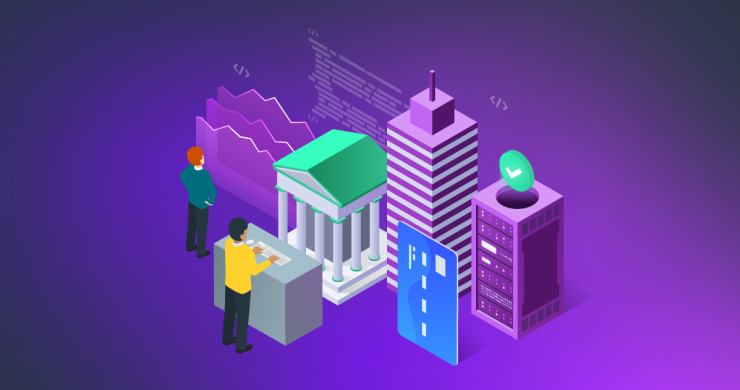A.I. Recommendation Engines for Businesses

Digital disruption is changing consumer behavior. As technology continues to advance, consumer behavior will evolve faster and faster. Right now, businesses have the potential to reach massive audiences. But that doesn’t mean it’s easy to do. Customers have unlimited access to information, which makes it harder for businesses to meet their expectations. That’s where A.I. recommendation engines come in.
Technology and Artificial Intelligence, in particular, allows businesses to learn about consumer preferences. This helps them deal with huge audiences, predicting and identifying their preferences and needs.
To this end, A.I. recommendation engines have become vital tools for many digital businesses. This is changing the way – where, how, and why – consumers buy their products and services:
- Netflix has been using A.I. and Machine Learning for years, with its very well-known recommendation and personalization system. A firm commitment to this technology has led it to value the ROI of its algorithms at $1 billion per year.
- Another similar case is Spotify. This uses different recommendation models based on the analysis of user activity, but also based on the analysis of text and audio.
- Amazon is another company using recommendation systems based on customers’ interests.
Let’s start with the basics. Below is an overview of recommendation systems, the types you’ll encounter, and their benefits.
What is a Recommender System?
Recommendation Engines, often termed Recommender Systems, are defined in the Techopedia as “a system that identifies and provides recommended content or digital items for users.”
In other words, Recommender Systems are algorithms that recognize patterns in large amounts of data, identifying customer preferences to provide them with the most accurate results.
What types of recommender systems are out there?
Recommender systems come in all shapes and sizes, for instance:
- Collaborative recommenders
- Content-based recommenders
- Demography-based recommenders
- Utility-based recommenders
- Knowledge-based recommenders
- Hybrid recommenders
What are the benefits of recommendation engines for businesses?
Let’s consider an e-commerce business that sells thousands of products. Recommender systems can significantly boost revenue and improve conversions while improving user experience and customer satisfaction and retention. Recommendation engines help with:
- Driving traffic to your site.
- Making personalized recommendations.
- Providing more relevant recommendations.
- Sharing information about similar customer activity and purchases.
- Adding matching product recommendations to purchase confirmation.
- Increasing the number of items per order.
- Increasing product reach.
- Offering reports.
Learn more about how Intelygenz takes A.I. further by applying it to Process Automation techniques.

Get the latest roundup of the most important, interesting and stories from the past week. In your inbox every Saturday by 10am.
Related Articles you might like
The House Task Force road map that will transform businesses with responsible AI
On Tuesday, the Artificial Intelligence House Task Force released a substantial 253-page report outlining the principles for ethical and responsible […]
View Blog PostRecognized as a member of the Forbes Technology Council
We are proud to announce that Intelygenz President, Chris Brown is now a member of Forbes Technology Council. A vetted […]
View Blog PostKey Strategies for Financial Institutions to Unlock AI Value
In the financial services sector, artificial intelligence (AI) is often heralded as a transformative force capable of revolutionizing everything from […]
View Blog Post

